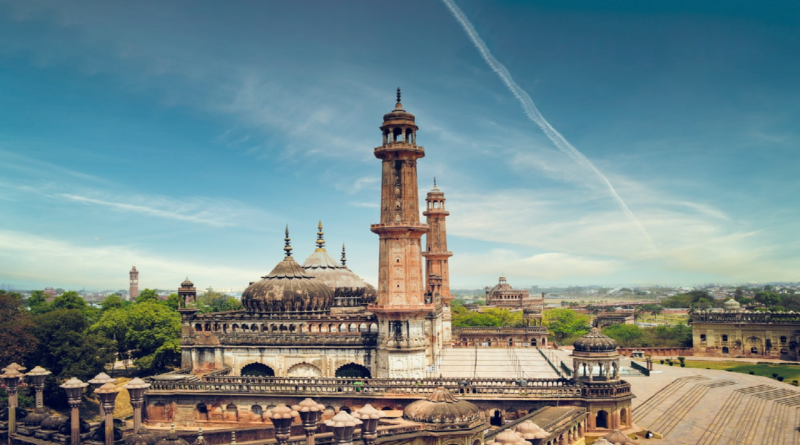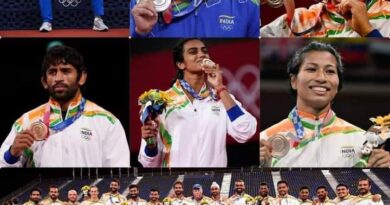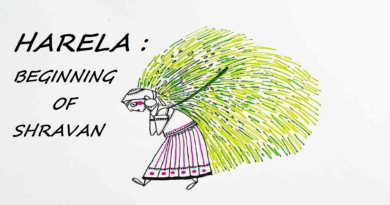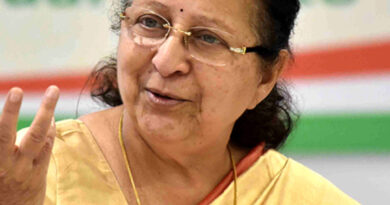Lucknow : City of Nawabs
Lucknow – a city where the day starts with a dip in the holy river Ganga and ends with the twinkling stary night and city lights. It is located on the northwestern shore of the Gomti River, surrounded by Barabanki in the east. Along with Unnao in the west, Sitapur & Hardoi in the north. Covered by Raebareli in the South.
Historically and culturally enriched Lucknow holds a radiant geographical exquisite with the fastest transformation. Therefore, listed 74th in the fastest growing city in the world and 17th in India. In accordance with a survey done by Electronics major & market research company IMRB international, it is the second happiest city in India after Chandigarh. It’s highly famous for its Adab & Tehzeeb (awe politeness & culture ), spirituality, infrastructure, cuisine, traditional outfits, diverse communities, festivals, Urdu literature & poetry, architecture and etc.
History of Lucknow:
From Lakshmanpura to Lucknow
It is believed that Lord Rama gifted the estate to his younger brother, Lakshman and therefore it is initially known as “Lakshmanpura”. In the 12th century, there was a ruler named Lakhan, he named it Lakhanvati on the name of his wife.
In the 18th century, the name was furthermore changed and finally named “Lucknow” by the Nawabs. Historical events include the rule of the Delhi Sultanate, Sharqi Sultanate, Mughal Empire, Nawabs of Awadh, East Indian company & British Raj.
It played a vital role in history and gave so many prominent faces to our history books. It began from 1350 onwards when Delhi Sultanate took control over Lucknow and some part of the Awadh region. Sharqi Sultanate of Jaunpur then took control over Awadh and ruled for about eighty–four years from 1394 – 1478.
In 1555, Mughal emperor, Humayun made it a part of his empire followed by other Mughal emperors. Another Mughal emperor, Jahangir wanted to favour a nobleman Sheikh Abdul Rahim, therefore, gifted an estate to him. Rahim built Machchi Bhawan on that estate. Later on, it becomes the seat of power from where his descendants, the Sheikhzadas, used to control the region.
How did the Mughals Loss control over?
Until 1719, the subah of awadh was the province of the Mughal empire. In 1722 Sadat khan prominently known as Burhan – ul – Mulk was appointed as the Nizam of Awadh. He established his court in Faizabad near Lucknow.
The third Nawab, Shuja – ud – Daula was forced to pay heavy penalties. Also compelled to leave his territories after being fall out by the East India Company in the Battle of Buxar. Whereas, in 1775, the fourth nawab, Asaf – ud – Daula shifted his court from Faizabad.
In 1798, the fifth Nawab, Wazir Ali khan, alienated both the British and his people and was later forced to abdicate. In this process, the British put their support to Saadat Ali Khan & made him took the crown. He, therefore, became puppet king and took a large part of Awadh to the East India Company. While the treaty in 1801, that benefited the East India Company so much. By the mid-nineteenth century, the British enhanced their growth and took full & direct control over Awadh.
After 1856, East India Company exiled the tenth nawab Wajid Ali Shah and Henry Lawrence to Calcutta. In the subsequent Indian Rebellion in 1857, Begum Hazrat Mahal took the crown.
Also, read Hindustan ka Dil Dekho! Aao Ek bar fir Madhya Pradesh Dekho!
It was one of the major centres of the Indian Rebellion, 1857. Its active participation in India’s independence movement can be seen through the ruins of Residency & the Shaheed Smarak.
Bases of Many Indian Revolutionary Movements – Lucknow
The Khilafat Movement had an active base of support here, creating united opposition to British rule. One of the pivotal moments witnessed here is the meeting of stalwart Mahatma Gandhi, J. L. Nehru & Mohd. Jinnah in 1916. The Kakori conspiracy also took place here involving Ram Prasad Bismil, Rajendra Nath Lahiri & etc followed by the Kakori trial.





Precise and informative . . Loved it ♥️✨
Thanks bro 🤝